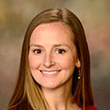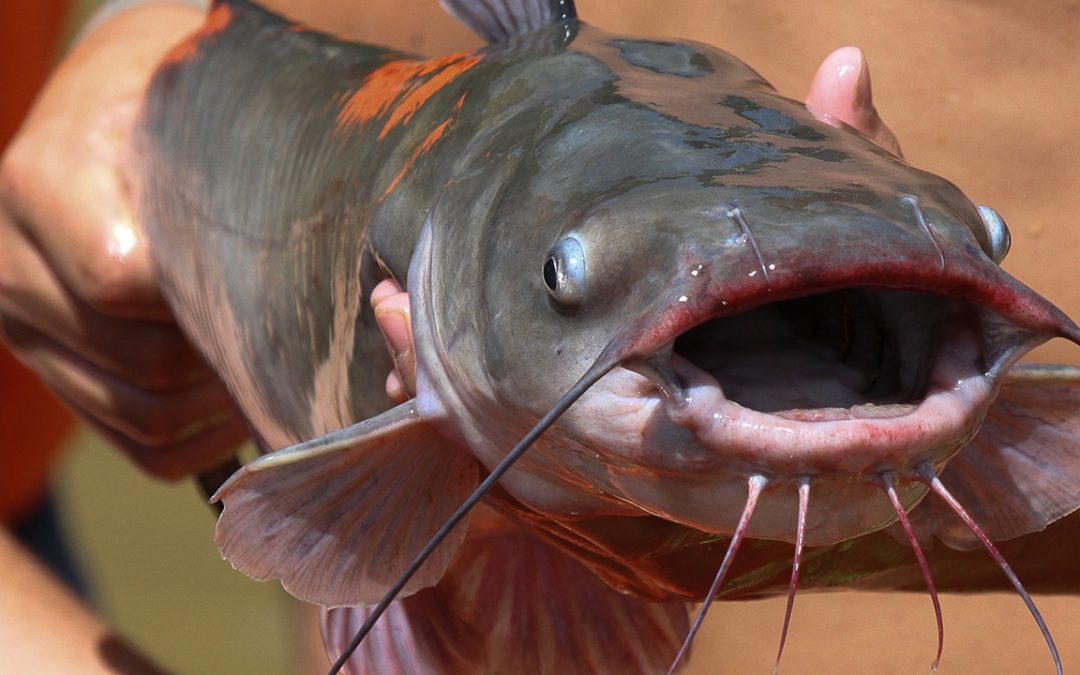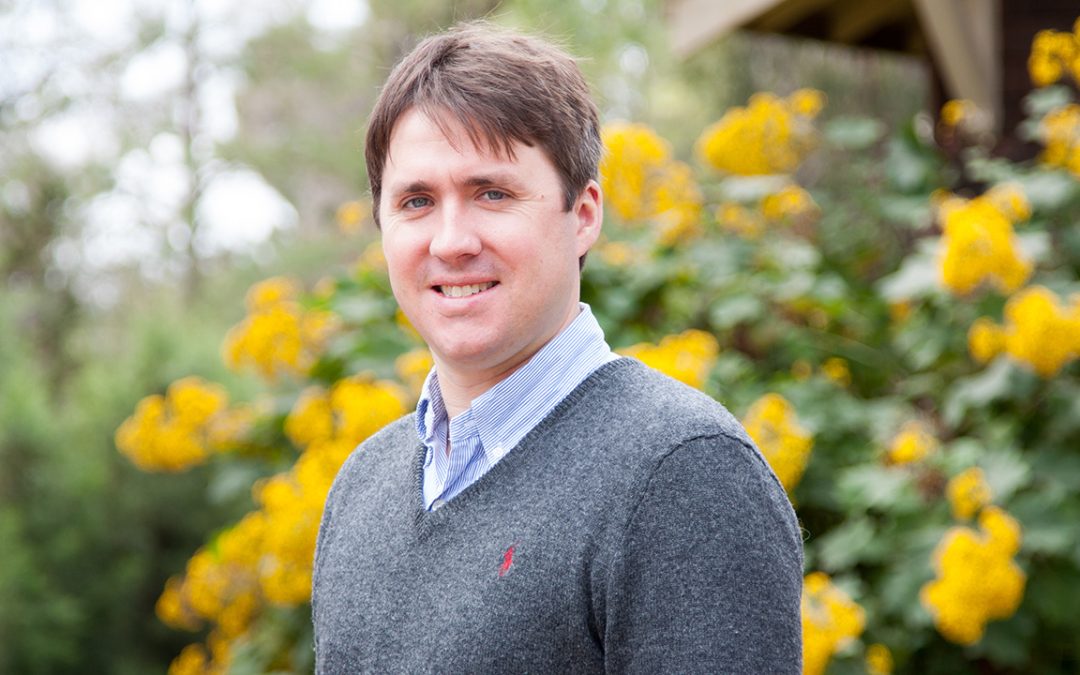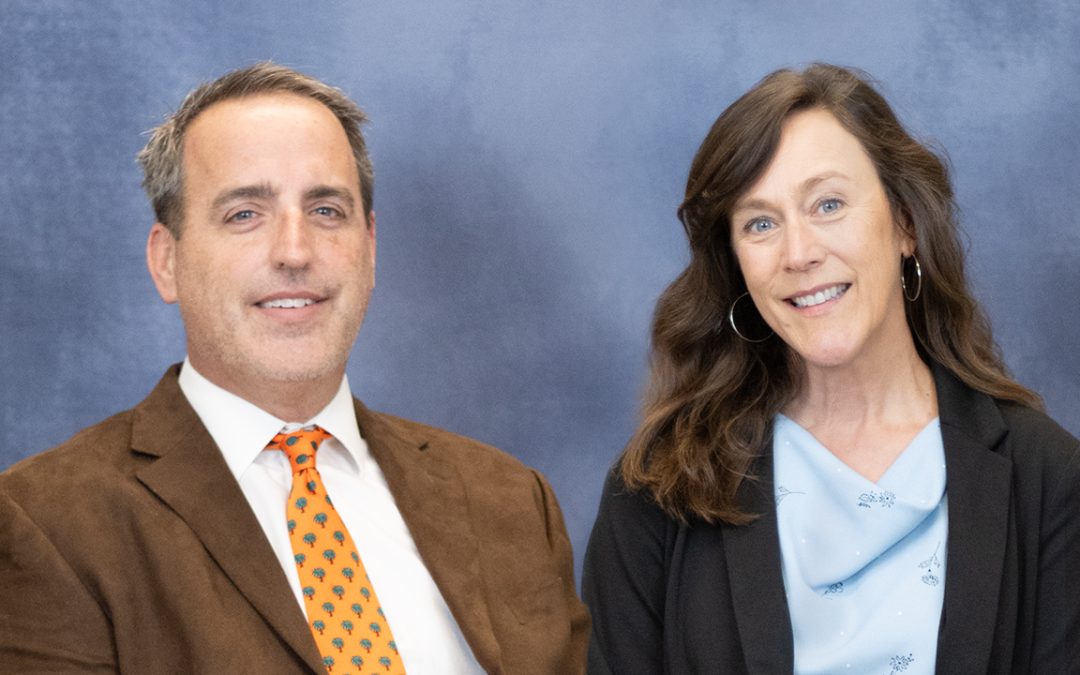Years of floundering led grad student to fisheries
by JAMIE CREAMER
 Some people are born knowing what they want to be when they grow up. Mollie Smith was not one of them.
Some people are born knowing what they want to be when they grow up. Mollie Smith was not one of them.
She had no clear vision of her future when she enrolled at Auburn University as a freshman in 2000, nor did she four years later, when she received her bachelor’s degree in psychology. But one thing she was dead certain about.
“I did not want to get caught in a job that didn’t mean anything,” she says.
It took a good six years and four unconventional work experiences on two continents for her to figure things out, but the Bridgeport native finally found her calling—and it brought her back to Auburn for a master’s degree that she intends to use fulfilling that Chinese proverb about teaching men to fish so they can feed themselves for a lifetime.
Smith, who began her master’s work in fisheries and allied aquaculture at Auburn summer semester 2011, chalks her unlikely choice of careers up to pure serendipity.
“When I finished college and had no real direction, I was fortunate enough to have the opportunity to flounder for a while and just pay attention to my heart,” she says. “And everything I did finally came together to put me where I am.”
Her days of wandering had included two year-long stints teaching English in China, which showed her she wanted to work internationally; a semester studying international development at the University of Pittsburgh, which was frustrating, she says, because “it was more about managing poverty than it was about doing something about it”; and a couple of stretches working in missions and then with a community development agency in the inner cities of Chicago and Pittsburgh, experiences that exposed her to a world drastically different from the rural northeast Alabama community she called home.
“All those experiences opened my eyes to the huge needs that exist everywhere, here and around the world, and to the impending food and water crises that our world is facing,” she says. “Fisheries has allowed me to become part of the conversation on poverty and world hunger around the world.”
She hasn’t simply sat on the sidelines in that conversation, either. As an Auburn fisheries grad student, Smith, a potter by hobby, spent two weeks in Nicaragua on a water-purifying mission with the group Potters for Peace; accompanied Karen Veverica, director of Auburn’s E.W. Shell Fisheries Center and a veteran in the field of international aquaculture development, on a four-week visit to fish farmers in Ghana and Uganda; spent another two months in Ghana to help manage Auburn University feed trials supported by the soybean industry; and worked in Liberia for several weeks, assisting Auburn fisheries associate professor Ron Phelps in training fish farmers there in hatchery operations.
And though she completed her master’s degree in May, she remains at Auburn as a temporary employee to continue working in Ghana and Liberia in support of Phelps’ and Veverica’s projects in those countries. She expects to make as many as four trips to Liberia in the coming year to oversee the management of the local hatchery. The aim there, she says, is to demonstrate to locals fish farming’s income potential and help those interested overcome barriers to success.
“In aquaculture, we talk about ‘carrying capacity,’ in that there’s a finite amount of oxygen in a pond and if you overstock the pond and don’t use aeration, the oxygen won’t support the fish population,” she says. “Our environment has its own carrying capacity, and the way society functions now, it won’t be able to sustain the 9 billion people expected to populate the earth by 2050.
“I think that there’s so much to be done, and that even a little change can have an impact,” Smith says. “In my years of searching, I wanted to do something to help make a difference. Fisheries is so right for me.”




